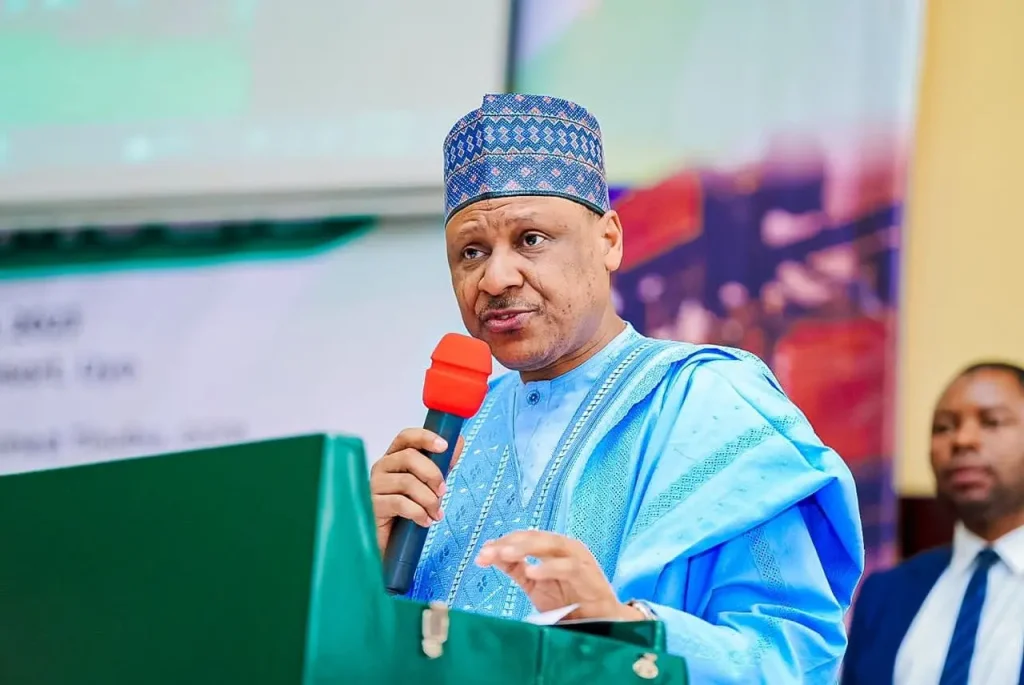CurrentReport Blog The Federal Government has reiterated the urgent need to reform Nigeria’s tax system, citing outdated structures and widespread mistrust among taxpayers. The Minister of Information and National Orientation, Mohammed Idris, made this statement on Saturday during a national discourse organized by the Kaduna Chapter of the Nigerian Institute of Public Relations (NIPR).
The event, themed “Tax Reforms: The Role of Public Relations in Fostering Constructive Dialogue for National Economic Renaissance,” highlighted the critical role of public relations in bridging the communication gap between the government and the public.
Minister’s Address
In his address, Idris emphasized that effective taxation is fundamental for governments worldwide to generate revenue for public services. However, he noted that Nigeria’s current tax system is plagued by design and implementation flaws, which have eroded public trust and hindered economic growth.
“All over the world, effective taxation is important as a source of financial power for governments to provide social services for their citizens,” Idris said. “However, there is plenty of reason to believe and assert that Nigeria’s tax administration system has become long overdue for reform, on account of design and implementation flaws as well as the general attitudes of taxpayers toward taxation.”
The minister stressed the need for dialogue and increased trust between the government and citizens to ensure the success of tax reforms.
The Role of Public Relations
Idris called for the deployment of strategic public relations efforts to educate and engage Nigerians on the importance of tax compliance and how reformed policies could drive national development.
“Public relations has a critical role in fostering dialogue, reducing public mistrust, and promoting transparency in the tax system. By doing so, we can lay the foundation for economic renaissance,” he added.
Tax Reforms as an Economic Imperative
Tax reforms are seen as crucial for Nigeria to address its fiscal challenges, diversify revenue sources, and reduce dependence on oil earnings. Experts at the discourse also underscored the need for reforms to include simplifying tax codes, improving enforcement, and creating incentives to boost compliance.
The event brought together policymakers, public relations professionals, and stakeholders to discuss strategies for promoting tax reforms through constructive dialogue and collaboration.
As the government seeks to overhaul the tax system, the role of public trust and effective communication remains pivotal. Stakeholders have urged the government to prioritize transparency and ensure that tax revenues are efficiently utilized to improve public services, thereby building confidence among citizens.
The government’s next steps in reforming the tax system are expected to be closely watched as it strives to balance policy changes with fostering public cooperation and support.












